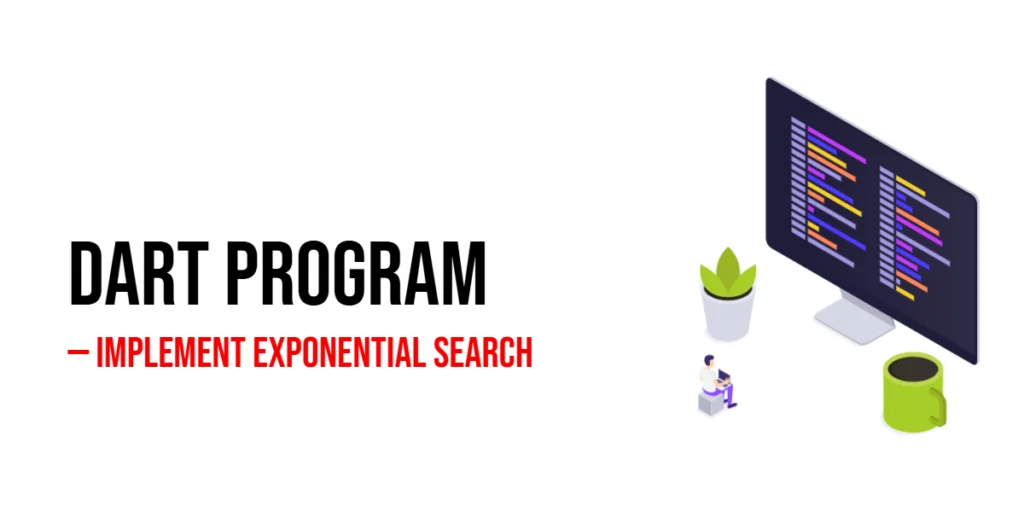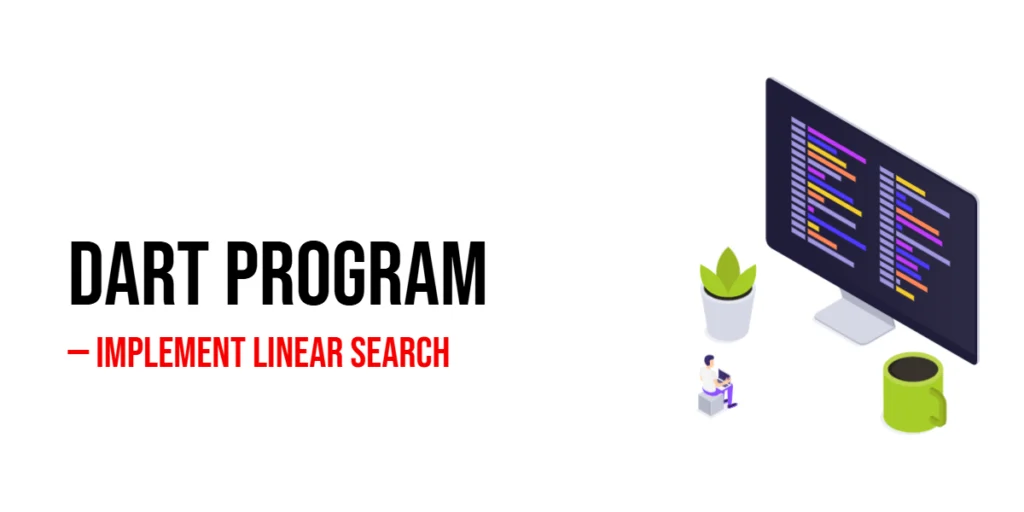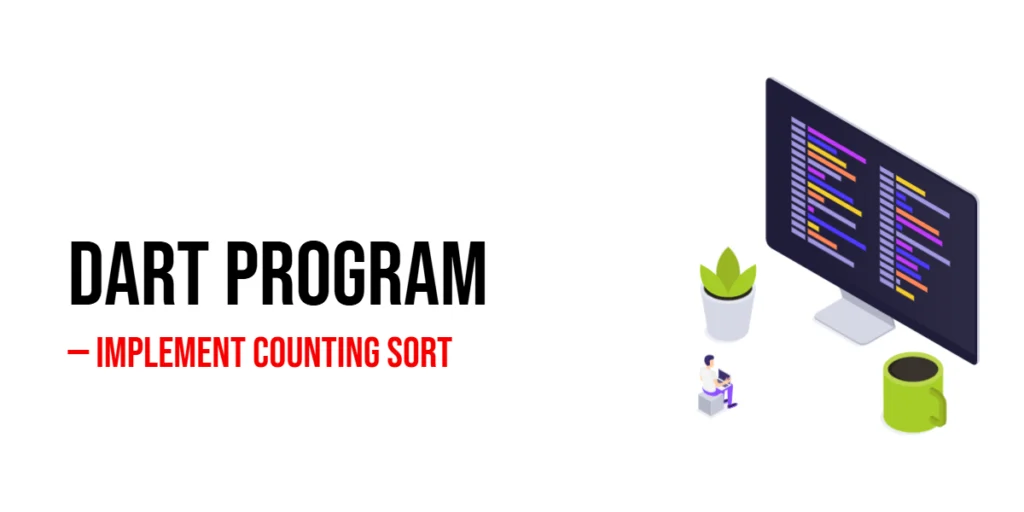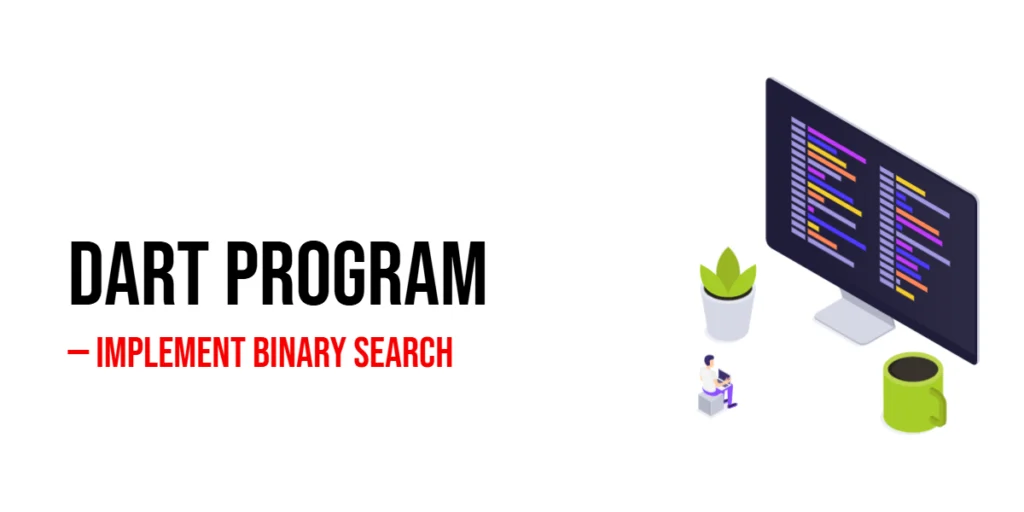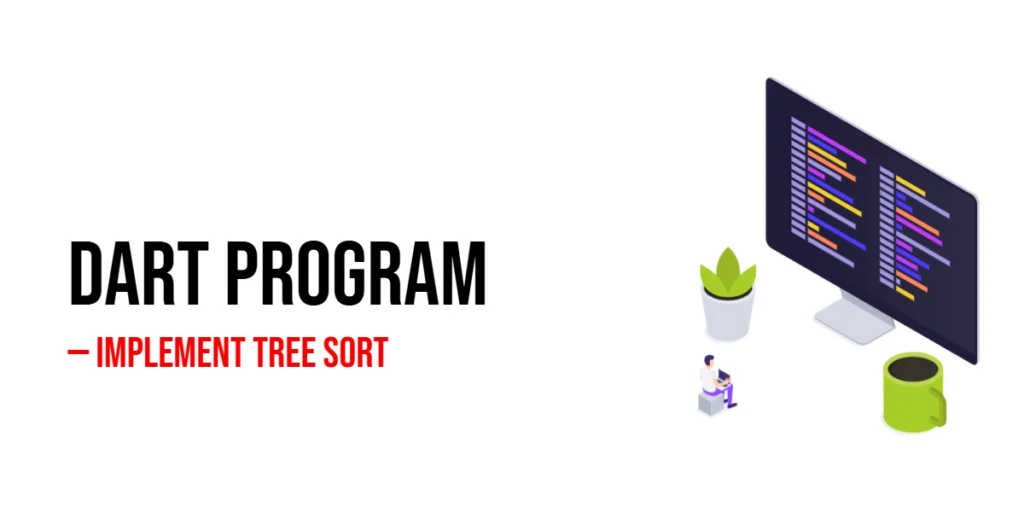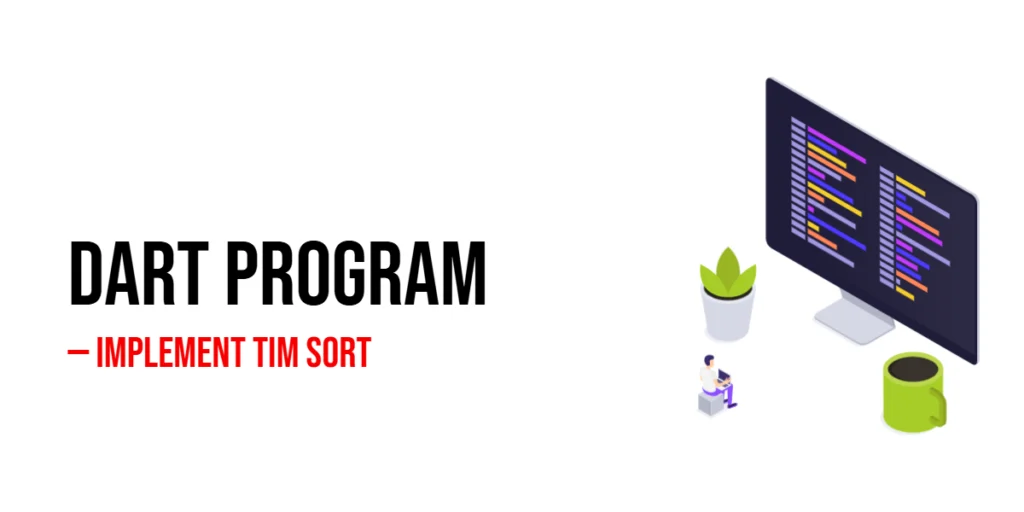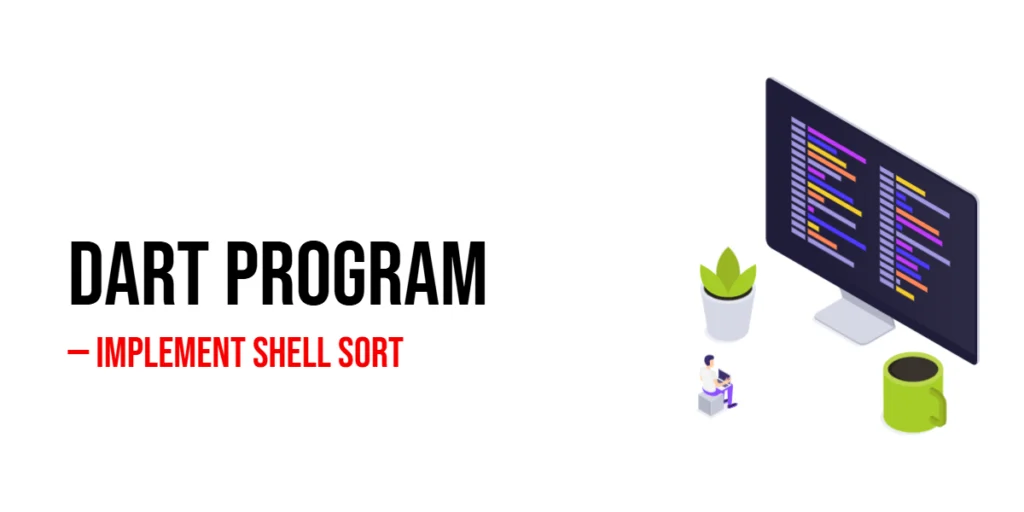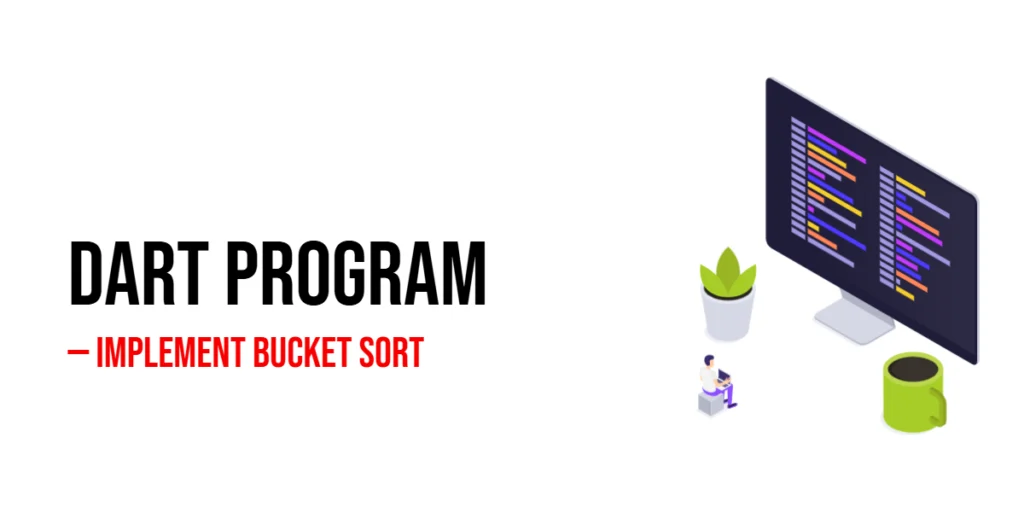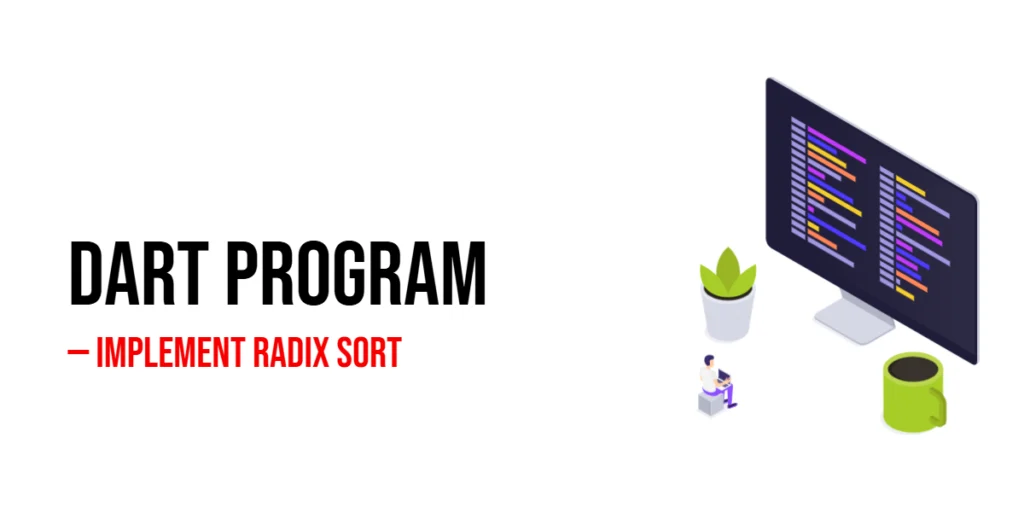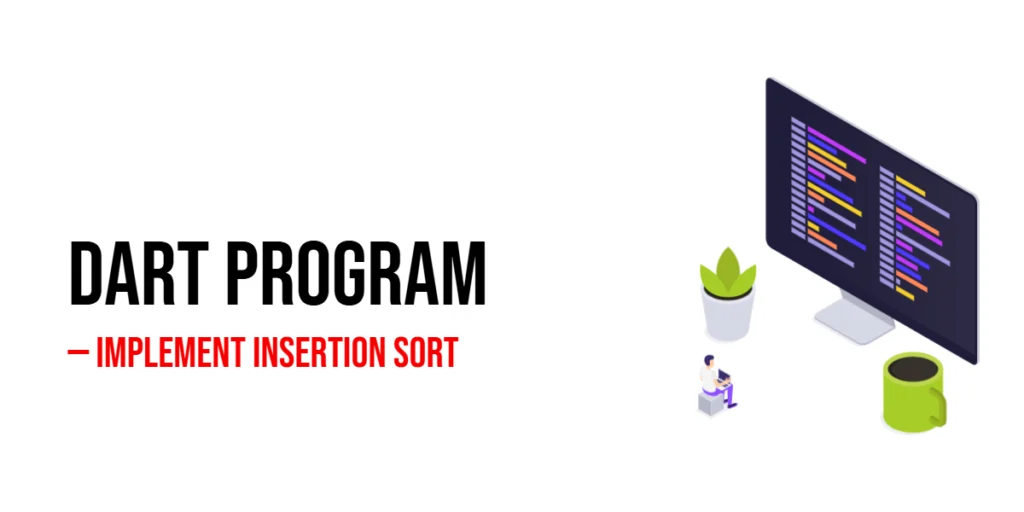Dart Program to Implement Exponential Search
Efficient searching is one of the foundations of programming, and Exponential Search is a powerful technique designed for sorted arrays. This algorithm works by first identifying a range where the target element could exist and then applying Binary Search within that range. This combination allows Exponential Search to quickly narrow down the location of an […]
Dart Program to Implement Exponential Search Read More »
